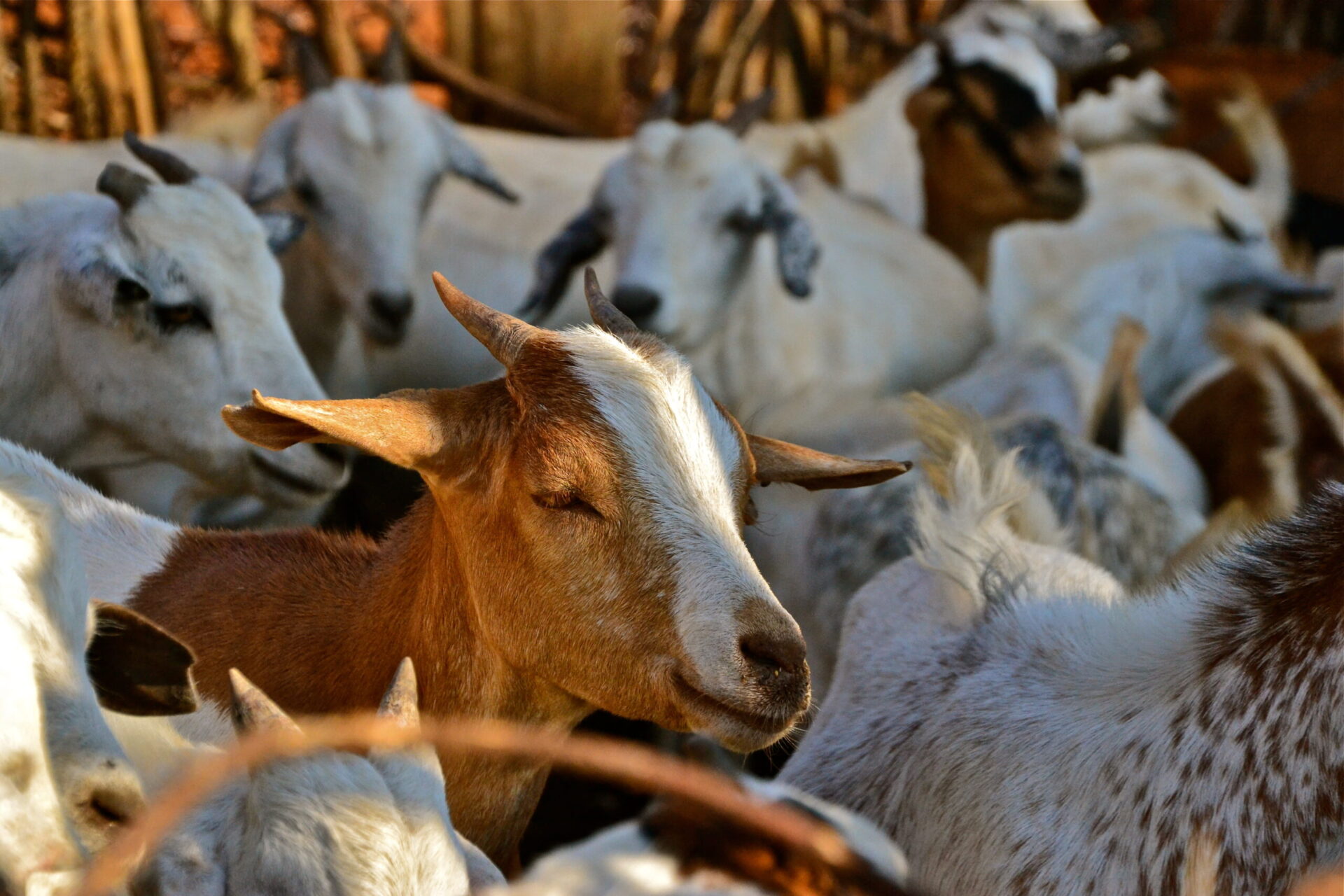CGIAR Working paper: Climate Change Impacts on Livestock

With livestock systems already engaging 600 million farmers around the globe, and the livestock sector continuing to develop as demand for meat increases, more robust and detailed information is urgently needed. This to better understand the trade-offs between various livestock adaptation options so that farmers and policy makers can make informed decisions around climate adaptation and resilience building.
A new working paper by the CGIAR Research Program on Climate Change, Agriculture and Food Security (CCAFS) summarizes what we know around climate impacts on livestock systems in Africa.
Authors conclude that the 2014 IPCC assessment contains only limited information on the projected impacts of climate change on livestock and livestock systems, compared with crops – a reflection on the relative amount of work that has been done. Thus, although progress on the topic has been made, it is clear that it is still in need of further collective scientific action.
What we do know about livestock and climate change:
The negative effects of increased temperature on feed intake, reproduction and performance on various livestock species is something that is reasonably well understood. For example, for most livestock species, such as cattle, sheep, goats, pig and chickens, temperatures between 10 and 30°C is when they perform the best. But for each 1°C increase above that, all species reduce their feed intake by 3-5 percent. Without a doubt, this will have far reaching effects on the quality and quantity of livestock species.
Increase in temperatures will also spell widespread negative impacts on forage quality and as a consequence, livestock productivity. The results from new simulations of the impacts of climate change on Africa’s rangelands, using something called the ‘G-range tool’, clearly indicate that very substantial changes in livestock feed resources will occur, and these changes will be detrimental.
Many regions in Africa will see decreases in the quantity and quality of crop residues as well, further adding pressure on farmers and livestock feeding resources.
Although a number of adaptation options are available, and proven successful, there appears to be no option that are widely applicable which do not have constraints and trade-offs. In addition, little evaluation of the long-term sustainability of these transformations and their potential impacts on food security and livelihoods exist.
An enabling policy and technical environment could support farmers to adapt to climate change and enhance their livelihoods and food security.
Download the Working Paper: Thornton PK, Boone RB, Ramirez-Villegas J. 2015. Climate change impacts on livestock (PDF).CCAFS Working Paper No. 120.
The paper, entitled “Climate Change Impacts on Livestock”, was co-authored by livestock researcher Philip Thornton, also based with the International Livestock Research Center (ILRI), Randall B. Boone from University of Colorado and Julien Ramirez-Villegas from the International Center for Tropical Agriculture (CIAT).
(0) Comments
There is no content